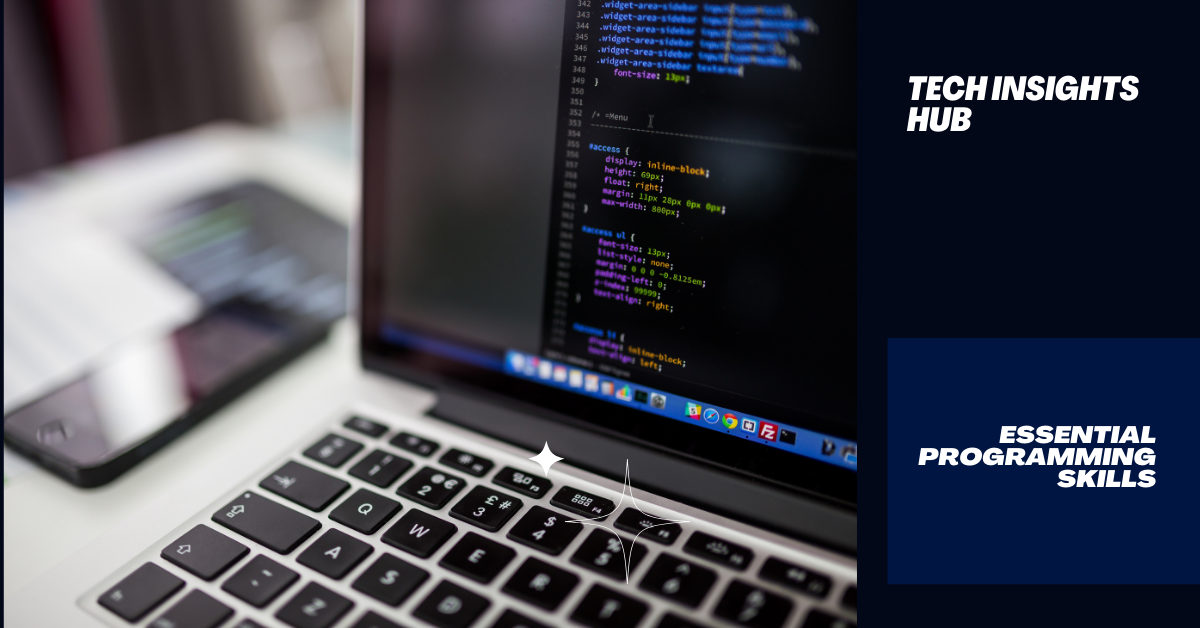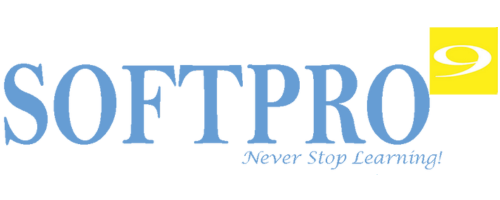
18 Essential Skills Every Programmer Must Master in 2025
#1 Myinstitutes.com is one of the best educational portals and training institutes in MYSORE, MANGALORE, and BANGALORE.
18 Essential Skills Every Programmer Must Master in 2025:
As technology continues to transform industries globally, programmers play a pivotal role in driving innovation, solving real-world problems, and shaping the future. To succeed in 2025’s competitive landscape, programmers need to develop a blend of technical expertise, problem-solving capabilities, and adaptability. Here’s a detailed exploration of 18 essential skills every programmer must master to stay ahead:
1. Proficiency in Programming Languages
The foundation of a programmer’s skill set lies in their command of programming languages. In 2025, proficiency in versatile, industry-relevant languages like Python, Java, JavaScript, and C# is critical. Each language serves distinct purposes—Python excels in data science and AI, Java in enterprise applications, and JavaScript in web development. Beyond syntax, writing clean, efficient, and modular code is essential for building robust systems.
2. Problem-Solving and Logical Thinking
Programming is not just about writing code—it’s about solving complex problems through logical reasoning. Employers value programmers who can break down challenges, devise effective solutions, and adapt to evolving project needs. Regular practice with algorithms, data structures, and coding challenges on platforms like HackerRank and LeetCode can refine these skills.
3. Full-Stack Development Skills
Full-stack development continues to gain prominence as companies seek versatile developers who can handle both front-end and back-end processes. Mastering front-end technologies (e.g., React, Angular) and back-end frameworks (e.g., Node.js, Spring Boot) allows programmers to create seamless applications, reducing reliance on multiple specialists.
4. Version Control with Git
Collaboration in software development is often a team effort, making version control a must-have skill. Familiarity with Git and platforms like GitHub and GitLab enables developers to manage code changes efficiently, maintain project histories, and collaborate effectively with peers using branching and merging techniques.
5. Understanding of Databases
As data fuels decision-making, programmers need expertise in database management. Whether working with relational databases (e.g., MySQL, PostgreSQL) or NoSQL databases (e.g., MongoDB, DynamoDB), understanding database design, query optimization, and integration is fundamental to creating scalable and efficient systems.
6. Cloud Computing Expertise
Cloud computing continues to redefine how businesses manage infrastructure. Platforms like AWS, Microsoft Azure, and Google Cloud dominate in 2025, and programmers who understand cloud architecture, deployment, and optimization will remain indispensable. Familiarity with serverless computing and infrastructure as code (IaC) is an added advantage.
7. API Integration and Development
APIs are the backbone of modern software ecosystems, enabling communication between services. Programmers must know how to build and consume APIs, work with RESTful services, and embrace newer technologies like GraphQL for building dynamic and efficient systems.
8. Cybersecurity Awareness
With cyber threats escalating, programmers must incorporate secure coding practices into their workflow. Knowledge of vulnerabilities (like SQL injection or XSS) and techniques like encryption, data masking, and access control helps build resilient systems that protect sensitive data.
9. Understanding DevOps Practices
DevOps bridges the gap between development and operations, emphasizing continuous integration, delivery, and deployment. Proficiency in tools like Docker, Kubernetes, and Jenkins can streamline workflows, while understanding CI/CD pipelines is critical to delivering updates faster.
10. AI and Machine Learning Basics
Artificial intelligence is reshaping every domain, from healthcare to finance. Programmers who understand machine learning algorithms, frameworks like TensorFlow and PyTorch, and concepts such as neural networks, natural language processing (NLP), and computer vision will have an edge in tech-forward organizations.
11. Effective Communication Skills
Programming doesn’t happen in isolation. Communicating technical concepts clearly to stakeholders, team members, or clients ensures everyone stays on the same page. Whether it’s through documentation, presentations, or daily stand-ups, strong communication fosters collaboration and project success.
12. Team Collaboration
Most programming projects today rely on Agile development methodologies, requiring close collaboration among cross-functional teams. Skills like participating in sprint planning, providing constructive code reviews, and maintaining alignment with project goals are crucial.
13. Agile Development Methodologies
Understanding Agile methodologies like Scrum and Kanban equips programmers to adapt quickly to iterative and flexible development environments. These frameworks promote continuous improvement and efficient teamwork, aligning efforts with evolving project priorities.
14. Cross-Platform Development
With an increasing number of users accessing applications on various devices, cross-platform development has gained significant traction. Mastering tools like Flutter or React Native empowers developers to create consistent and responsive user experiences across platforms like iOS, Android, and web.
15. Debugging and Testing Skills
An essential but often overlooked skill, debugging ensures application stability. Mastering tools like Chrome DevTools, Postman, or automated testing frameworks like Selenium and JUnit helps developers identify and fix bugs efficiently, ensuring reliability and performance.
16. Continuous Learning and Adaptability
Technology evolves rapidly, and so must programmers. Keeping up-to-date with trends like blockchain development, quantum computing, or industry-specific tools through online courses, certifications, and community forums ensures long-term relevance.
17. Time Management and Productivity
Programmers often juggle multiple tasks, from coding to debugging to collaboration. Adopting time-management frameworks like Pomodoro or tools like Trello and Jira can help maximize productivity and meet deadlines without compromising quality.
18. UI/UX Fundamentals
Even for back-end developers, understanding user interface (UI) and user experience (UX) principles is a huge asset. This knowledge ensures that the software they build is both functional and enjoyable for users. Paying attention to accessibility and responsive design further enhances usability.



